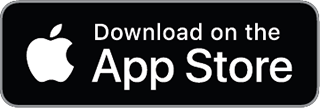Humboldt Harbor Entrance Surf Forecast Guide
The Humboldt Harbor Entrance is a prime surf spot located at Humboldt Bay, a crucial area for the local surfing community, largely thanks to Humboldt State University nearby. Arcata, often compared to Santa Cruz, serves as a vibrant hub for surfers in Northern California. The harbor entrance, found between the North and South jetties, can really light up when the conditions are right. This spot is mainly known for its ability to handle big swells, making it a favorite for those looking for challenging surf.
This spot breaks well with swell coming from the west and northwest, handling sizes from about 2 meters (6 feet) up to 6 meters (20 feet). Generally, surfers can expect both left and right waves here, with the rights often barreling into the boat channel, which is quite deep at 13.7 meters (45 feet). The bottom is sandy, which can change the wave shape, but when it’s firing, you can score a solid Pipeline-like left along with steep rights. It’s vital to surf it during low tide, as you'll want to hit it about one hour before to one hour after low tide to avoid getting sucked out to sea. The wave can be quite powerful, so this is really for experienced surfers only.
Access is pretty straightforward; just take Samoa Boulevard (Route 255) until you reach the ocean. Expect a persistent crowd, and the local vibe is pretty heavy, so it's not the best spot for those not familiar with the lineup. Watch out for strong currents and keep your distance from the locals. The peak season here runs from September through February, and really, it’s best suited for surfers riding longer boards like guns or those into tow-in surfing when the swells are massive.

